References
-
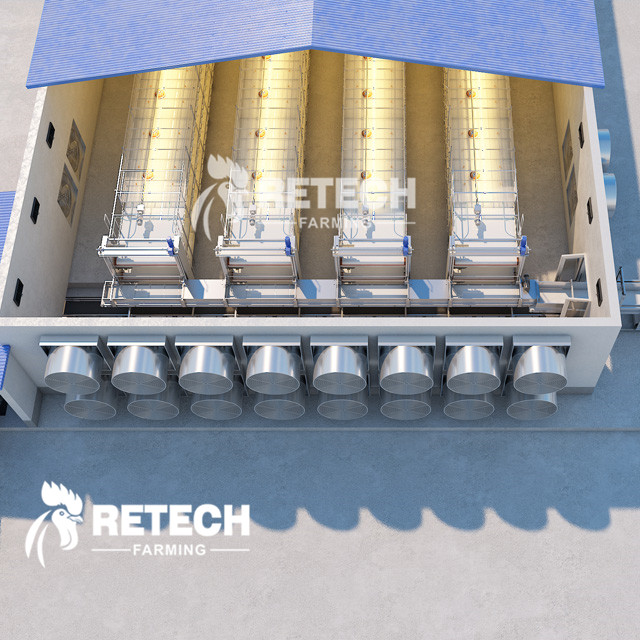
Management of chicken house broiler breeding
I. Drinking water management Except for the need to control water due to medication or vaccination, the normal 24-hour water supply should be ensured. To ensure adequate drinking water supply, chicken farms should arrange special time and personnel to overhaul the water line. The chicken house ke...Read more -

What to do in chicken coop after cooling?
With the arrival of autumn, the changeable climate, cooler weather and migration of migratory birds, the high incidence of infectious diseases in chickens is about to enter, and chickens are susceptible to diseases caused by cold stress and migratory birds. Daily poultry inspections help to ident...Read more -

How to feed egg-laying hens in summer?
To ensure good egg production performance in summer when temperatures are high, it is necessary to do a good job of management. First of all, the feeding of hens should be reasonably adjusted according to the actual situation, and attention should be paid to the prevention of heat stress. How to ...Read more -

The use of chicken house wind screen curtain!
It is a common practice to use vertical ventilation to cool down the chickens in the hot summer season. For high-density intensive egg farming, the wind speed in the chicken coop should reach at least 3m/s, and the wind speed in the chicken house in high-temperature and high-humidity areas should...Read more -
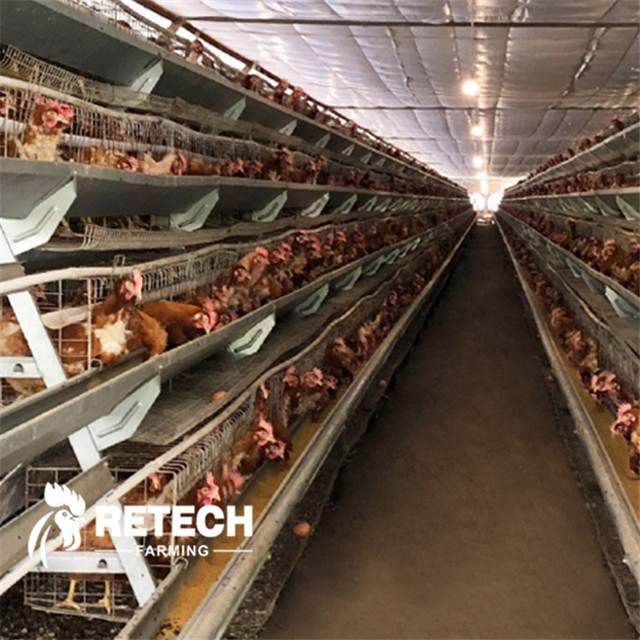
Precautions for laying hens transfer!
The transfer of laying hens to the group refers to the transfer from the breeding period to the laying period. This stage is very important and must be carried out scientifically. In the process of transferring laying hens, the following seven aspects should be paid attention to. 1. the time shou...Read more -
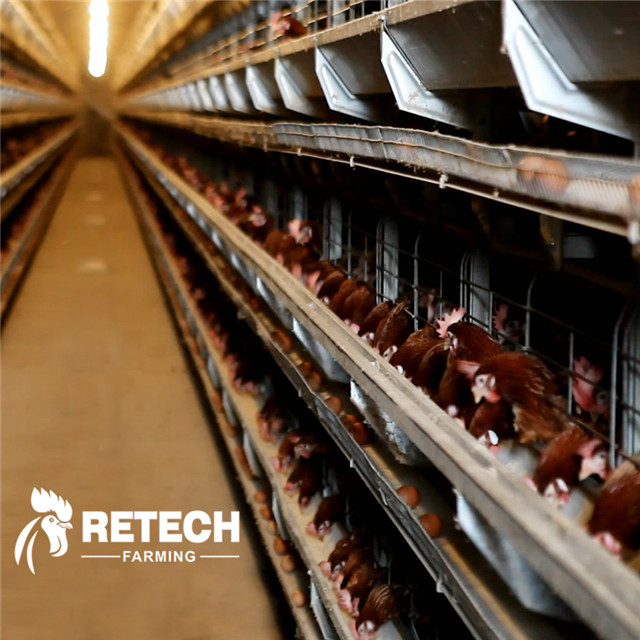
What role do vitamins play in laying hen farming?
The role of vitamins in raising chickens. Vitamins are a special class of low-molecular-weight organic compounds necessary for poultry to maintain life, growth and development, normal physiological functions and metabolism. Poultry has very little vitamin requirement, but it plays an important ro...Read more -

Why do chicks have their beaks cut off?
Beak trimming is a very important job in chick feeding and management. To the uninitiated, beak cutting is a very strange thing, but it is good for farmers. Beak trimming, also known as beak trimming, is generally performed at 8-10 days. The beak trimming time is too early. The chick is too smal...Read more -
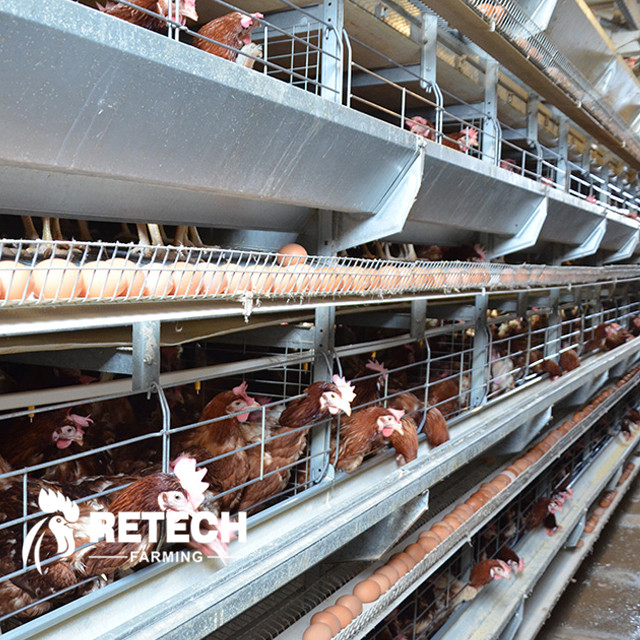
Types of commercial laying hens.
What are the types of commercial breeds of laying hens? According to the color of the eggshell, modern commercial breeds of laying hens are mainly divided into the following 3 types. (1) Modern white-shell hens are all derived from single-crowned white Leghorn varieties, and two-line, three-lin...Read more -
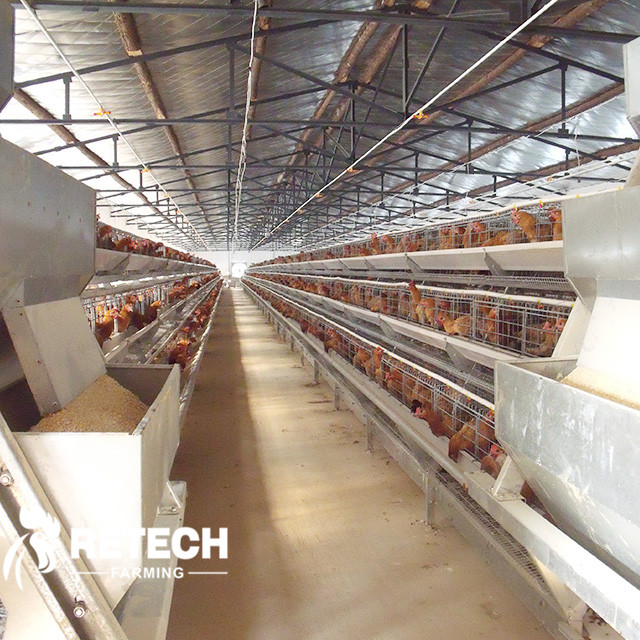
The importance of light for laying hens!
In order to ensure that laying hens produce more eggs, chicken farmers need to supplement light in time. In the process of filling light for laying hens, the following points should be paid attention to. 1. Reasonable application of light and color Different light colors and wavelengths have dif...Read more -
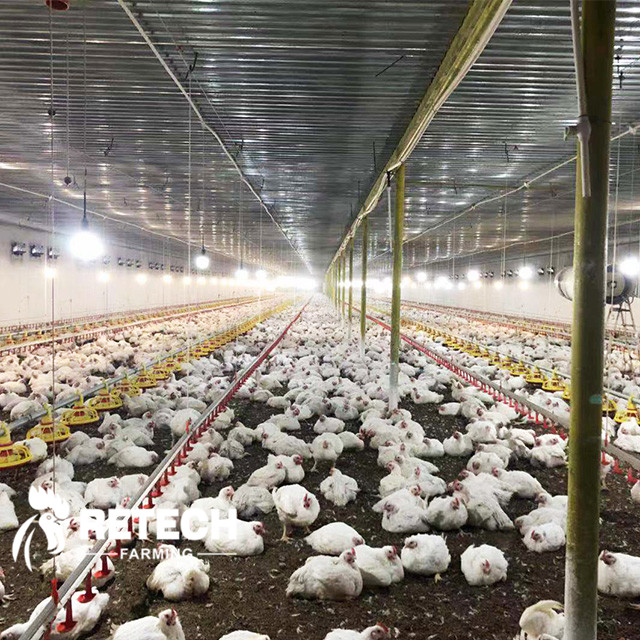
Management of flat-raised broiler breeders!
The general prenatal period is defined as the period from 18 weeks to the start of production, which is an important period of physiological transition of broiler breeders from development to maturity. The feeding management at this stage must first make a correct estimate of body maturity and se...Read more -
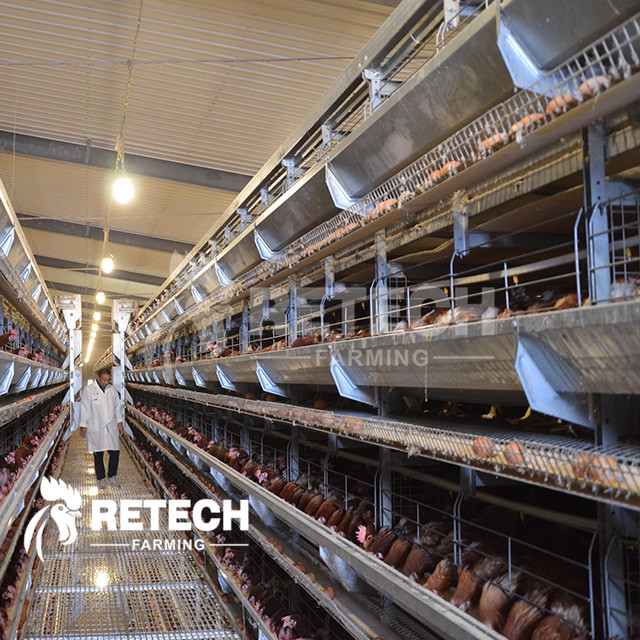
The importance of wet curtain in chicken farm in summer.
In the hot season, a wet curtain is installed to reduce the temperature of the chicken house. It is used with a fan to give the laying hens a better growth and production performance. Proper use of the wet curtain can bring a comfortable environment for the laying hens. If it is not used and mai...Read more -

How to do laying hens in cages?
We generally have two ways of raising chickens, which are free-range chickens and caged chickens. Most laying hen farms use caged methods, which can not only improve land utilization, but also make feeding and management more convenient. Improve the efficiency of manual egg picking. So what shou...Read more -

5 points to check chicken drinking water in summer!
1. Ensure adequate water supply for laying hens. A chicken drinks about twice as much water as it eats, and it will be higher in summer. Chickens have two drinking water peaks every day, namely 10:00-11:00 in the morning after laying eggs and 0.5-1 hour before lights out. Therefore, all our manag...Read more -

Modern chicken farm costs and equipment!
Modern chicken farms raising is the inevitable development of my country’s chicken raising industry. It is to use modern industrial equipment to arm the chicken industry, to arm the chicken industry with modern technology, to nourish the chicken industry with modern management theories and ...Read more -
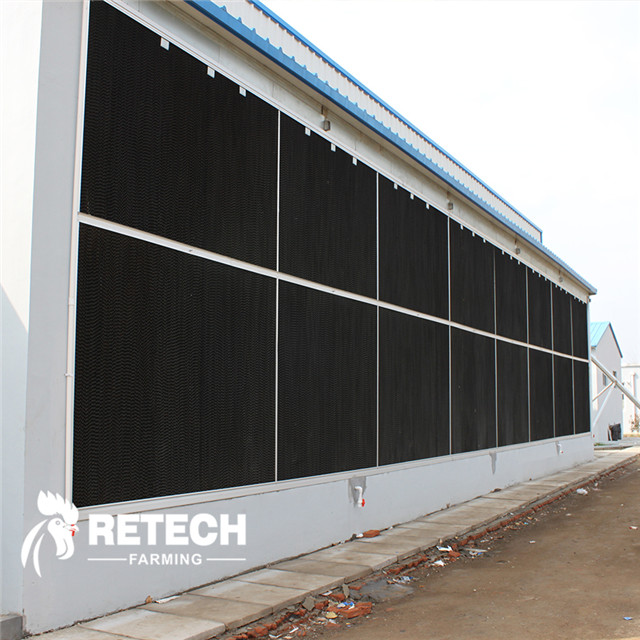
The importance of chicken coop ventilation in four seasons!
Whether raising chickens in captivity or free range, there must be a chicken coop for the chickens to live in or rest at night. However, the chicken coop is generally closed or semi-closed, and the smell in the chicken coop is not very good, so it must be ventilated at all times. The toxic gas pr...Read more -
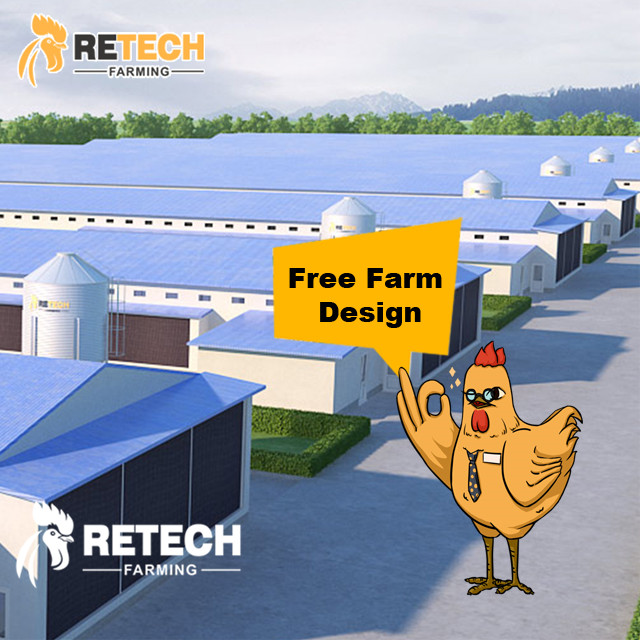
Installation of lighting equipment in chicken farms!
There are differences between incandescent lamps and fluorescent lamps and their installation effects. Generally, the suitable light intensity in the chicken farms is 5~10 lux (refers to: the visible light received per unit area, the total radiant energy emitted per unit area of the surface of t...Read more -
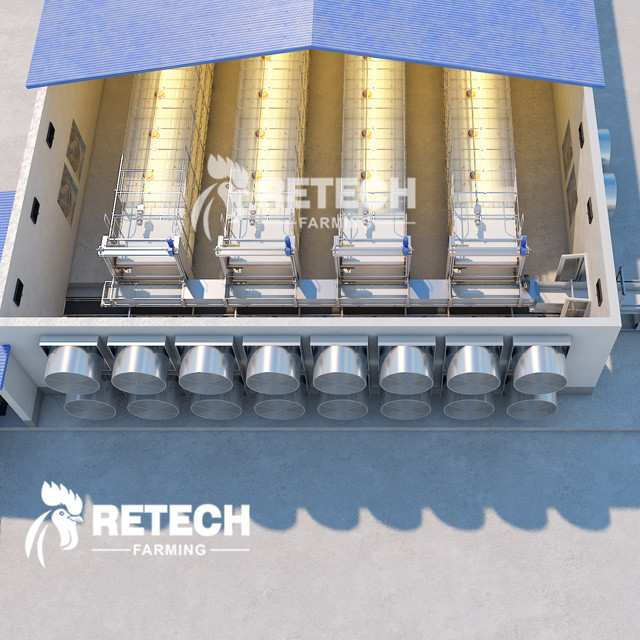
Why check the airtightness of the chicken house?
The negative pressure in the chicken house can be used as an indicator of the airtight performance of the house. In order for the house to achieve ideal ventilation and to control the air entering the house to the desired location, the air must enter the house at the correct speed, so that the ho...Read more -
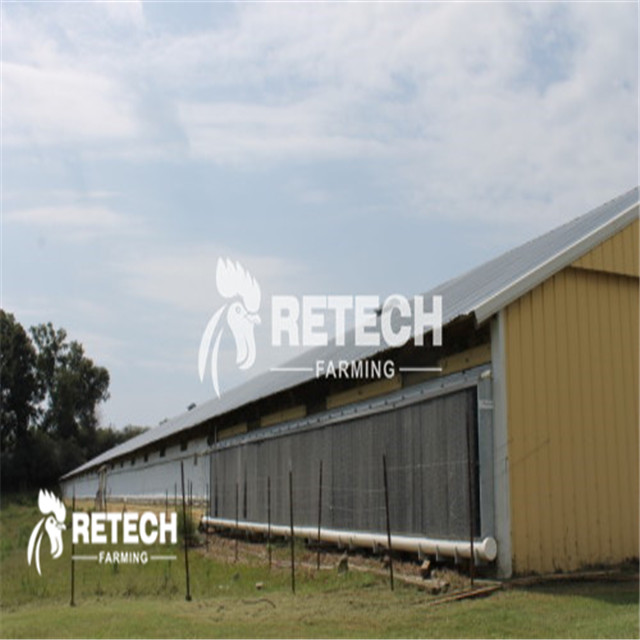
10 precautions when using wet curtains
In hot summer, the high temperature weather brings difficulties to the management of broilers. In order to provide a comfortable environment for broilers, through the control of the air cooling coefficient, humidity and heat coefficient, broiler body temperature and heat stress index of broilers...Read more -
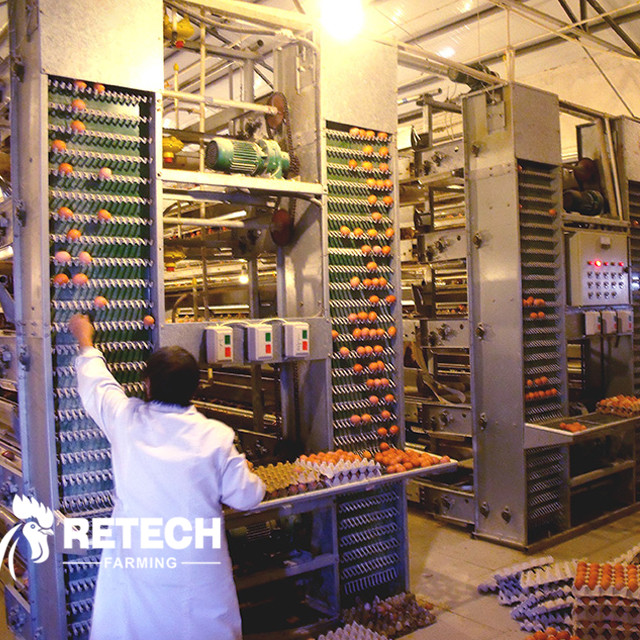
7 ways to improve eggs weight!
The size of the eggs affects the price of eggs. If the retail price is calculated by the number, the small eggs are more cost-effective; if they are sold by weight, the large eggs are easy to sell, but the damage rate of the large eggs is high. So what are the factors that affect egg weight? Here...Read more -
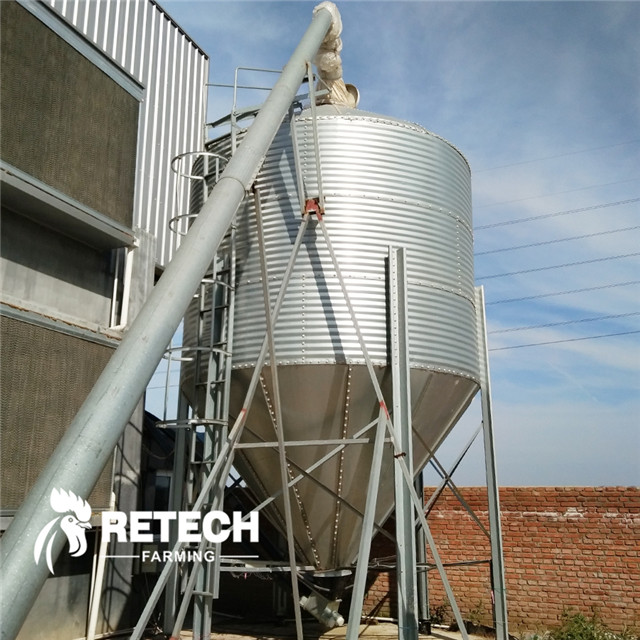
Instructions for the use of feeding tower in chicken farms
One. The use of the material line Notes before the first run: 1. Check the straightness of the PVC conveying pipe, whether there is a jamming phenomenon, whether the joints of the conveying pipe, suspension supports and other parts are firmly installed, and check whether the joints of the outdoo...Read more







